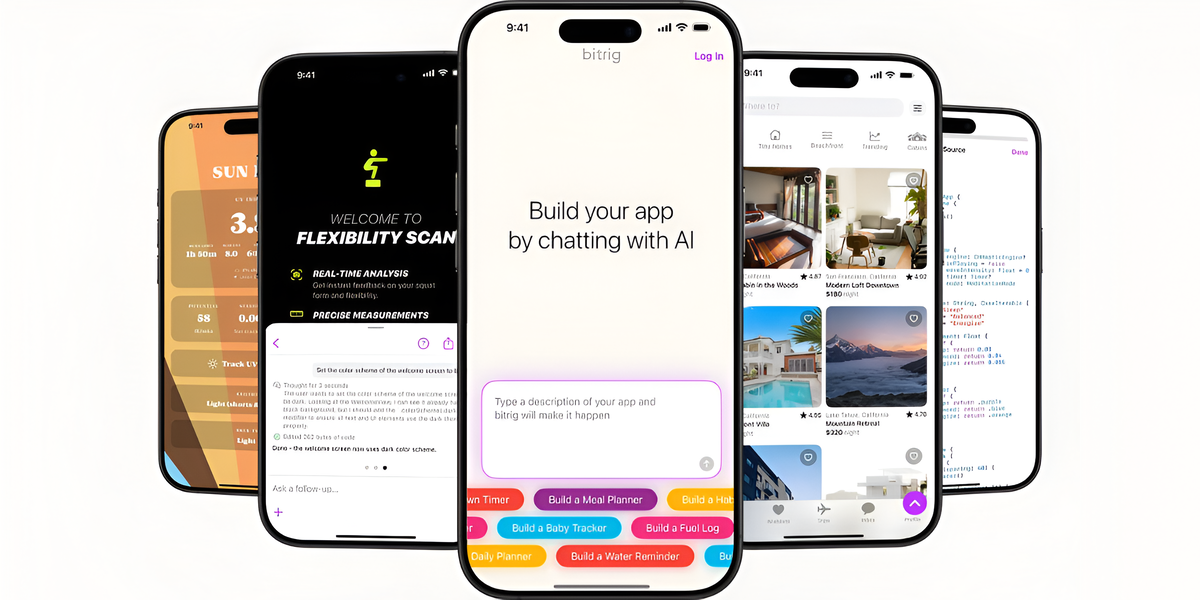The country continues to move forward regarding the digitization of information. And in this sense, one of the assets that appear in the foreground is National Register, announced this week that Colombia has entered the era of the digital identity card as well as the digital civil registry.
Registry expects to issue one million digital IDs by the end of this year. This is as part of the process of massification of the document, which began on September 1.
(Also: Digital ID: How much does it cost to get it? Solve 10 questions about the document)
“The goal in the next three years is to reach around forty million digital documents. We started in 488 municipalities and all capitals of the country. After a year of pilot testing, phased massification begins”, reassured National Civil Status Registrar Alexánder Vega.
Does this mean it will no longer be a physical card? In reality, every citizen who processes the change will be issued a card made of polycarbonate, which, according to the institution, is the safest material for the production of identity documents.
“Thanks to this material, it is possible to create a laser engraving that makes it impossible to tamper and damage the document.. The physical version of this document is extremely secure” assures the organization.
The national registrar stressed that “this will help prevent crime, protect citizens’ personal data, improve their quality of life and be environmentally friendly.”
As soon as the citizen has the physical one, the creation of the second version, the digital citizenship card, is activated, which will be activated on the owner’s mobile device. It doesn’t matter whether you have iOS operating system anyone Android.
(Read: Civil registration will now go digital in Colombia)
Now if you do not have such a device, you can use the physical version. “Due to geographical features, digital space, and other technological barriers, the Registry has decided that there should be a physical identification document that allows those without, the skills, or the ability to use a smartphone device. “Access to the internet, having an identity document to access these digital services.”
The process of mass issuing digital identity has begun so that Colombians can access their data digitally in services provided by the Government and online operating organizations.
Registrar Vega has announced that both documents will be valid, so it’s not mandatory to process the digital one for now.
(To read: Digital Identity in Colombia: find out how much it costs, how to get it, and the benefits)
“With the decision not to produce (Yellow) again, it was understood that it would lose its validity over time. Vega said 41 million documents could be renewed in two to three years.
Anyone who wants to voluntarily transition to digital can do so with the duplication process, which is a digital transition feature. Costs 55,750 pesos. Once the total renewal process begins, the entity considers eliminating that fee. The process will be free for young people who process the document for the first time.
Of course, in any case, to request the digital document, those interested must go in person to any of the 573 offices of the entity in the country that already have the necessary technology to process it. It is not necessary to make an appointment.
Personal participation is necessary because the issue requires updating the citizen’s data, photos and fingerprints in order to guarantee greater security in procedures and services. It applies to people of all ages.
Document information will be available in the ‘Cédula digital Colombia’ application, which can be downloaded from mobile devices. To activate it, you must complete the data registration process with the entity.
In case of theft, Student Affairs explains that information on mobile phones can only be accessed by face recognition.
“If you lose your mobile phone and you have a digital card in it, you must report the loss to deactivate it; You can be sure that no one will use it”they explain.
On the other hand, the agency states that digital identity will be the “key to access the citizen folder” as it will be a space for citizens to own in the cloud and make their interaction with the Government easier and more efficient. .
Documents such as identity card, driver’s license, military book, medical history will be included there, among others.
This new document, which functions like a traditional identity card, must be accepted by all public and private institutions in the country.
You can also enter countries such as Bolivia, Ecuador, Peru, Argentina, Brazil, Chile, Paraguay and Uruguay without presenting a passport.
It is important to keep in mind that the validity of the digital identity will be ten years, because the security mechanisms that provide it are based on biometrics and must be updated within the specified period.
Firstly, Registry invested 16,000 million pesos towards the implementation of technologies for the issuance of these documents. However, after meeting with President Gustavo Petro, Vega suggested that the National Government would allocate budget and technological resources to continue the mass use of digital identity.
For the organization, this process is important because “Colombia deserves to be at the forefront of the definition,” as they think it has significantly improved the daily lives of Colombians.
The National Registry has confirmed that its interest is to be able to achieve the massification of digital identity in the country, but according to the national registrar, The procedure will also be extended outside Colombia and in consulates across the continent, said Alexánder Vega.
Vega has announced that the electronic document can be obtained as a passport in different South American countries, but in addition to this benefit, Colombians residing in the United States and wishing to make changes are expected to be able to do so through consulates.
(We recommend: Digital ID: which countries can you visit without a passport?)
After meeting with Colombia’s ambassador to the United States, Luis Gilberto MurilloThis possibility has been established.
According to Vega, consulates in that country will have the relevant technology to issue the document. It will also be one of the first destinations where the National Government will integrate a hundred biometric stations into its consulates.
“We will encourage assistance to other citizens in the United States for the digital identity issue.I. “As you know, the process of massification of digital identity is beginning and the United States will be one of the first to change technology in our consulates.”
POLITICAL DESIGN
Source: Exame













